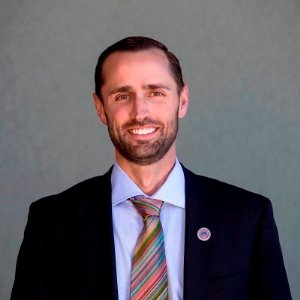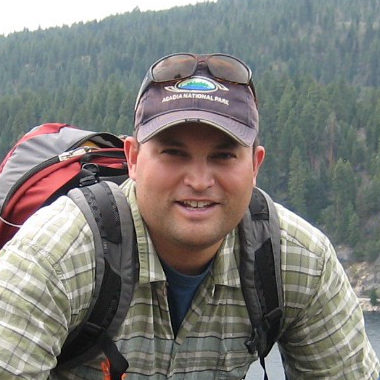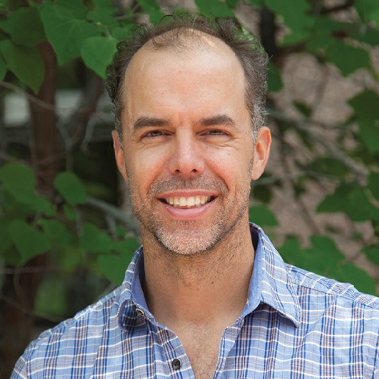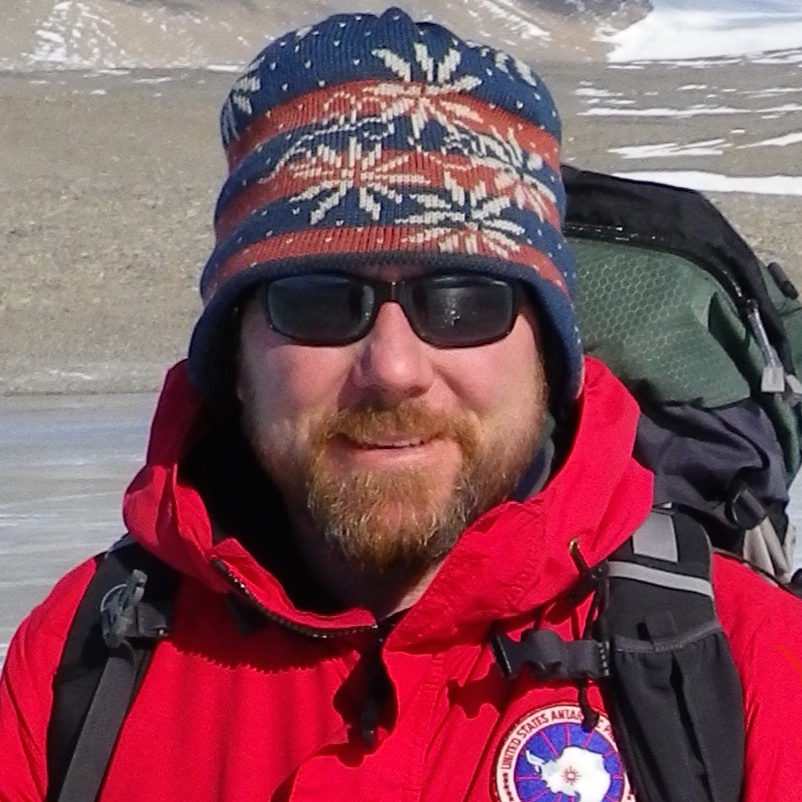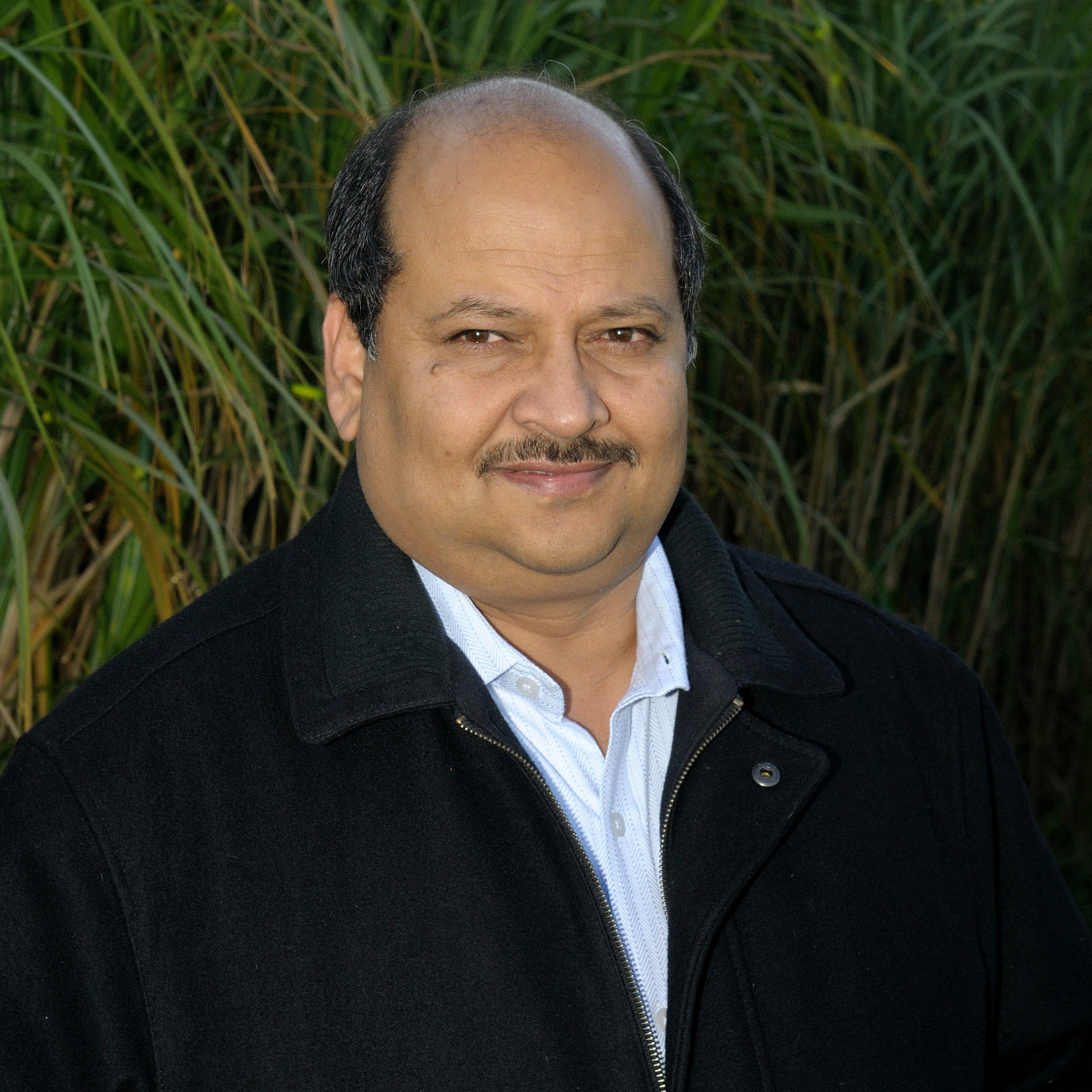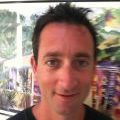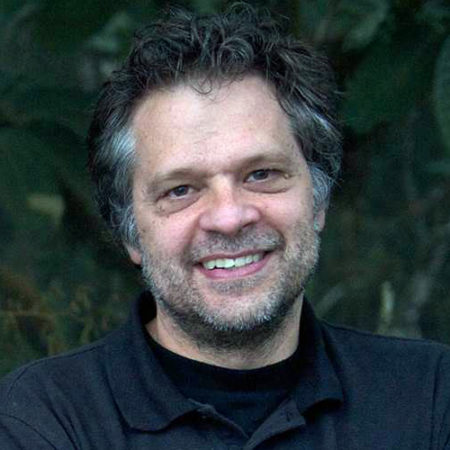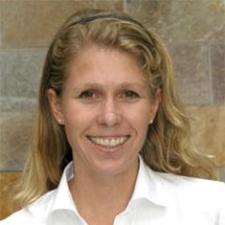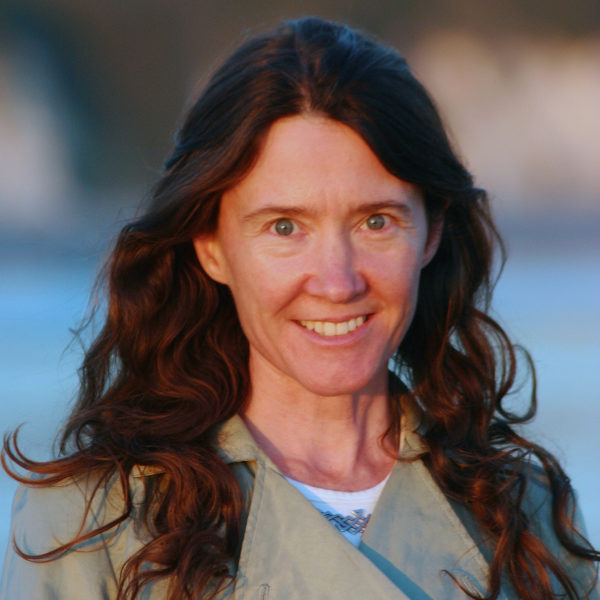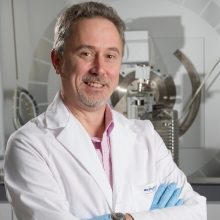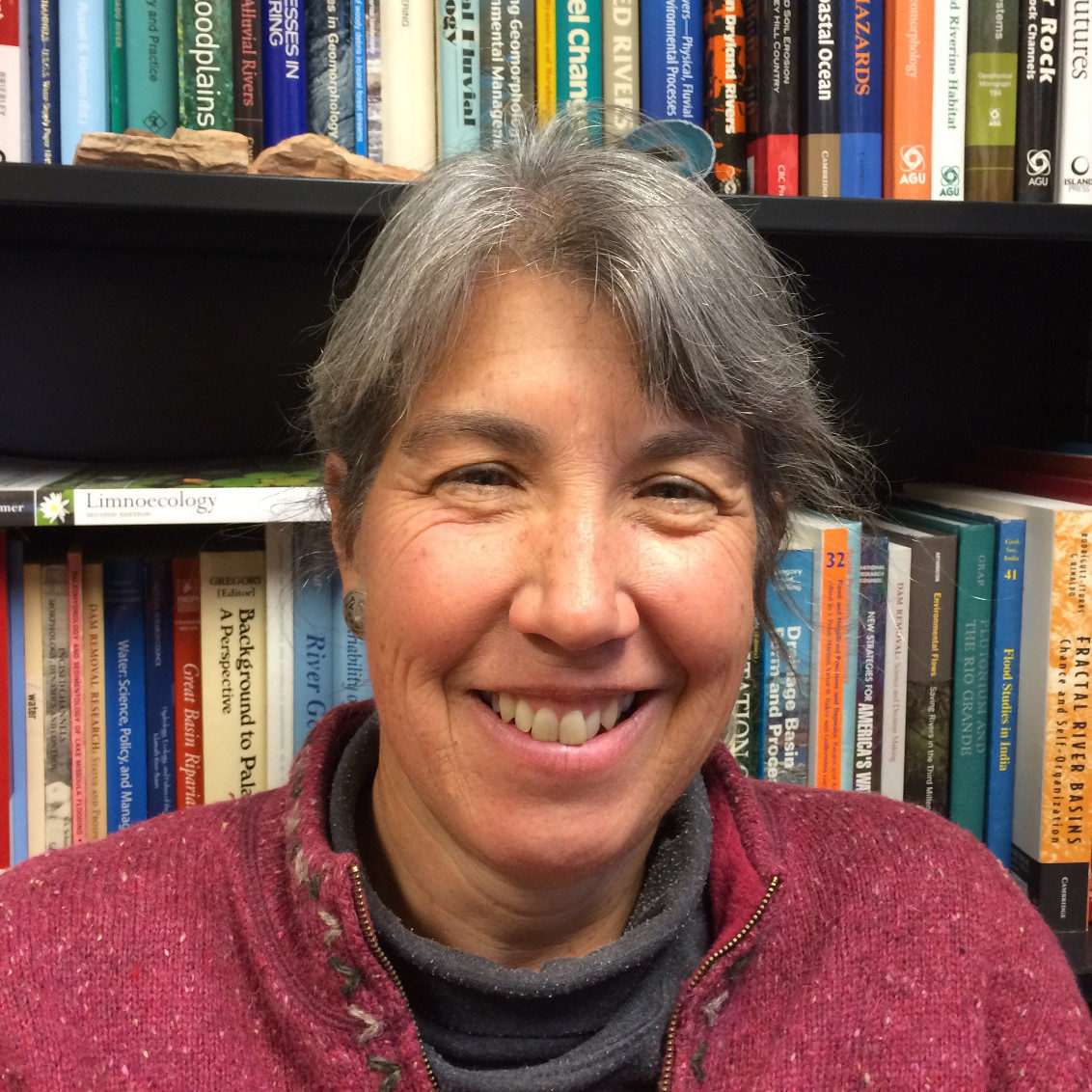James Eklund
Squire Patton Boggs Law Firm
Denver, CO
James Eklund utilizes his background as Colorado’s lead water official to advise a range of private and public entities on environmental, public policy, regulatory and legislative matters. He has significant experience in public infrastructure projects through his service on the Intermountain Infrastructure Exchange, a collaborative effort to leverage public-private partnerships to shore up the shortfall in infrastructure funding.
While director of the Colorado Water Conservation Board, Eklund led the state’s water policy and planning efforts and the development of the Colorado Water Plan. Prior to leading CWCB, Eklund was senior deputy legal counsel to Governor John Hickenlooper, where he focused on key legislative and legal matters, often pertaining to water and natural resources including state water rights, the reorganization of state wildfire responsibilities and groundwater concerns in the South Platte River Basin. While at the State Attorney General’s office from 2006 to 2010, Eklund provided legal expertise on many issues central to water policy and planning in Colorado. He represented the Colorado Department of Natural Resources, CWCB and the State Engineer’s Office in compact negotiations with other western states, the federal government and Mexico. He provided counsel related to compliance with the Endangered Species Act and water quality laws, and worked in several roles to protect state interests on the Colorado River.
Alejandro Flores
Associate Professor
Geosciences Department
Boise State University
Dr. Alejandro (Lejo) Flores received the BS degree in Civil Engineering from Colorado State University in 2001 and MS degree in Civil Engineering from Colorado State in 2003. In 2009, he received the PhD degree in Hydrology from MIT. His formal training is in watershed modeling, remote sensing and data assimilation. More recently Dr. Flores’s research seeks to integrate the role of humans in landscape change, particularly in agriculture and management of public lands, using agent based models. His work also focuses on embedding models of human activity into regional climate models to deduce feedbacks between humans, their actions, and regional hydroclimate systems.
David Gochis
Scientist
National Center for Atmospheric Research
Dr. Gochis has conducted field observation and modeling research at the National Center Atmospheric Research (NCAR) since 2002. His academic background is inter-disciplinary between the meteorological and hydrological sciences and civil and agricultural engineering disciplines having earned degrees in both Atmospheric Sciences and Hydrology and Water Resources. Prior to returning to academia, Dr. Gochis worked as a consulting engineer for CH2MHill in Portland, Oregon, conducting channel hydraulics, water resource and irrigation design studies. His current research interests include hydrometeorology, hydroclimatology, and land surface hydrology. His main research foci have been on observation, diagnosis and modeling of precipitation, snowpack and runoff processes in complex terrain with specific emphasis on the inter-mountain west and monsoon systems. Dr. Gochis has led and collaborated in several domestic and international field campaigns. His research develops and employs weather, climate and hydrological models, to improve understanding and prediction of regional hydrometeorological and hydroclimatological processes. Most recently Dr. Gochis helped lead the implementation of the community WRF-Hydro system as the first version of the NOAA National Water Model.
Michael N. Gooseff
Associate Professor
Institute of Arctic and Alpine Research
Civil, Environmental, & Architectural Engineering
University of Colorado
Dr. Gooseff’s research group studies the intersection of earth systems and ecosystems, conducting field studies and developing new models to interrogate hydrologic and ecological functions. His group studies the changes in system function in response to changes in boundary conditions and state changes. They have active research programs in the Alaskan Arctic, the McMudro Dry Valleys of Antarctica, and temperate watersheds in the US. The scope of their studies often includes river corridors, aquifers, and glaciers to focus on processes such as nutrient uptake/retention, stream/groundwater interactions, hyporheic exchange, and responses to climate change.
Praveen Kumar
Lovell Professor of Civil and Environmental Engineering
Director, IML-CZO (Critical Zone Observatory for Intensively Managed Landscapes)
Department of Civil and Environmental Engineering
University of Illinois
Praveen Kumar holds a B.Tech. (Indian Institute of Technology, Bombay, India 1987), M.S. (Iowa State University 1989), and Ph.D. (University of Minnesota 1993), all in civil engineering, and has been on the UIUC faculty since 1995. He is also a Professor in Institute for Sustainability, Energy, and Environment (iSEE), an Affiliate Faculty in the Department of Atmospheric Science and National Center for Supercomputing Applications (NCSA). His research focus is on Hydrocomplexity, which deals with complex hydrologic systems bridging across theory, modeling, and informatics. He presently serves as the Director of the NSF funded Critical Zone Observatory for Intensively Managed Landscapes, which is part of a national and international network. Dr. Kumar is also a co-lead on two large NSF supported SEAD and Brown Dog projects for the development of cyber-infrastructure for structured and unstructured long-tail data, respectively. He has been an Associate of the Center for Advanced Studies, and two-times Fellow of the National Center for Super Computing Applications. He is an AGU Fellow and the recipient of the Xerox Award for Research, and Engineering Council Award for Excellence in Advising. From 2002-2008, he served as a founding Board member for CUAHSI, a consortium of over 110 universities for the advancement of hydrologic science. From 2009-2013, Dr. Kumar served as the Editor-in-Chief of Water Resources Research, the leading journal in hydrology. Prior to that he also served as the Editor of Geophysical Research Letters, a leading journal for inter-disciplinary research. He presently serves as the intellectual leader and Program Advisor for a large effort in India aimed at capacity building through novel approach to research and international collaboration to address the most vexing water problems.
Noah Molotch
Associate Professor of Geography, University of Colorado at Boulder
Director, Center for Water Earth Science & Technology (CWEST)
Research Scientist, Jet Propulsion Laboratory, California Institute of Technology
Fellow, Institute of Arctic and Alpine Research
Dr. Molotch’s research and teaching interests are focused on the processes controlling hydrologic fluxes in semi-arid regions. His research projects utilize ground-based observations, remote sensing, and computational modeling to obtain comprehensive understanding of hydrological processes; in particular the distribution of snowmelt, soil moisture and streamflow. Additional projects aim at developing techniques for scaling hydrological processes and for designing ground-based observation networks tailored for integration with remote sensing and modeling. Studies relating fluxes of water, carbon, and nitrogen are also a focus of Dr. Molotch’s current projects — in particular, the feedbacks between water availability and carbon cycling in montane forests.
Scott Saleska
Associate Professor
Ecology and Evolutionary Biology
University of Arizona
Dr. Saleska’s research focuses on what might be called “biogeochemical ecology,” asking questions about how climate interacts with plant physiology, demography, and ecological processes to influence or control biogeochemical cycling from local to global scales. Just one example of the need for more complete understanding in this area is the lack of species interactions in modern global climate models, even though such interactions can be critically important in controlling ecosystem carbon cycling and hence, feedbacks to climate. Progress has been limited by the difficulty of bridging the gap between local-scale ecological interactions and broader biogeochemical processes. Dr. Saleska uses multidisciplinary approaches that combine classical techniques of field ecology and forestry with advanced technological methods (e.g., the micrometeorological eddy covariance method, isotopic techniques) and modeling to integrate biogeochemical processes to ecosystem scales.
Katherine (Katie) Suding
Professor
Ecology and Evolutionary Biology
Institute of Arctic and Alpine Research
University of Colorado Boulder
Dr. Suding is a plant community ecologist working at the interface of ecosystem, landscape and population biology. Dr. Suding’s goal is to apply cutting-edge “usable” science to the challenges of restoration, species invasion, and environmental change. Suding’s research group works with a range of conservation groups, government agencies and land managers to provide evidence-based solutions that take into account biodiversity, human well-being, and management opportunities. They employ a combination of long-term monitoring, modeling and experimental approaches in settings that range from alpine tundra to oak woodlands to grasslands. Common themes include plant-soil feedbacks, functional traits, species effects on ecosystem processes, and non-linear and threshold dynamics.
Christina Tague
Associate Professor
Bren School of Environmental Science & Management
University of California, Santa Barbara
Dr. Tague’s research is focused on the interactions between hydrology and ecosystem processes and, specifically, how eco-hydrologic systems are altered by changes in land use and climate. Much of her work involves developing and using spatial simulation models to integrate data from multiple field-based monitoring studies in order to generalize results to larger watersheds. Reflecting that emphasis, Dr. Tague is one of the principal developers of the Regional Hydro-Ecologic Simulation System (RHESSys), an integrated model of spatially distributed carbon, water, and nitrogen cycling. RHESSys is designed to provide science-based information about spatial patterns of ecosystem health and vulnerability in terms of water quantity and quality. Dr. Tague is currently modeling the impacts of climate change on stream-flow patterns in the western United States and examining how urbanization alters drainage patterns and associated biogeochemical cycling in watersheds in Baltimore, Maryland, and Southern California.
Philippe Van Cappellen
Canada Excellence Research Chair in Ecohydrology
University of Waterloo
Dr. Van Cappellen’s research focuses on the biogeochemistry of soils, sediments and aquatic ecosystems, the cycles of water, carbon, nutrients and metals, global change, geobiology, chemical hydrology, water-rock interactions and environmental modeling.
Ellen Wohl
Professor
Department of Geosciences
Colorado State University
Dr. Wohl received a BS in geology from Arizona State University and a PhD in geosciences from the University of Arizona before joining the faculty at Colorado State University in 1989. Dr. Wohl’s research interests center on physical process and form in river corridors, as well as interactions among physical processes and biotic and human communities. She has conducted field research on every continent except Antarctica and has authored or co-authored 16 books and nearly 200 peer-reviewed papers. Dr. Wohl is a Fellow of the American Geophysical Union and the Geological Society of America, and has supervised 47 MS theses and 26 PhD dissertations.
